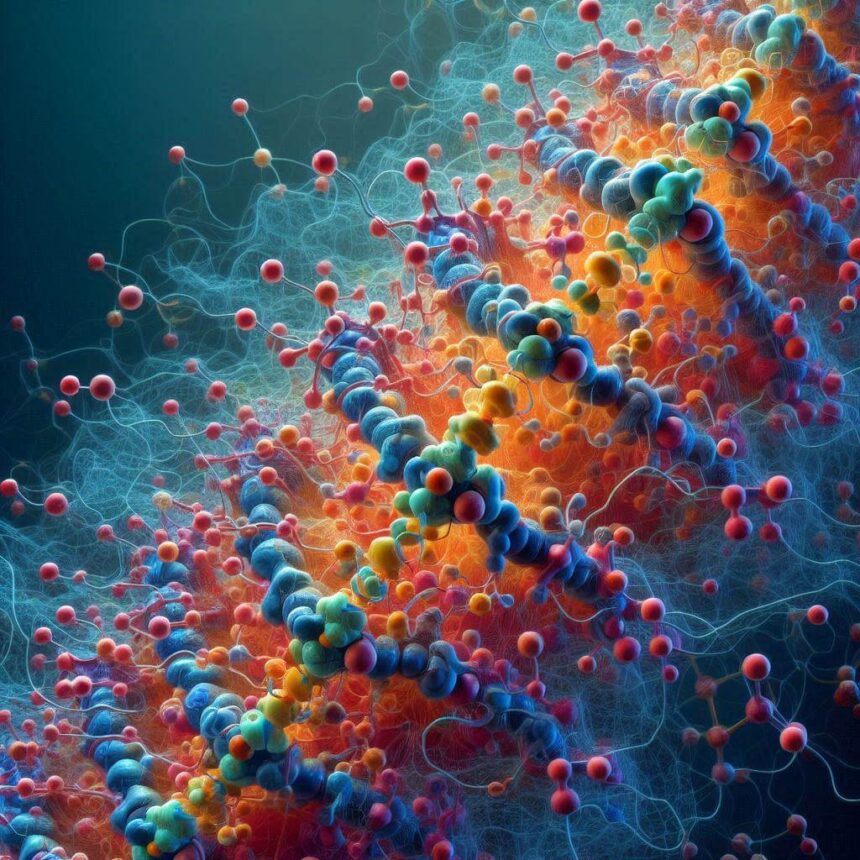Plasmalogens are a fascinating class of molecules that play a vital role in the health and function of our cells. But what exactly are they, and why are they so important? This text delves into the world of plasmalogens, exploring their unique structure, their essential functions within the cell, and their potential implications for human health.
Unveiling the Structure: A Twist on a Familiar Theme
Plasmalogens belong to a larger family of molecules called phospholipids. Phospholipids are the building blocks of cell membranes, forming a bilayer that separates the interior of the cell from its external environment. However, plasmalogens have a unique twist in their structure compared to other phospholipids.
Imagine a three-carbon molecule called glycerol as the backbone. In most phospholipids, fatty acids (long chains of hydrocarbons) are attached to two of these carbons through ester bonds. However, in plasmalogens, one of the fatty acids at the first carbon (sn-1 position) is linked by a unique vinyl ether bond, instead of the more common ester bond. This seemingly small difference has significant consequences for the properties and functions of plasmalogens.
Beyond Structure: The Functional Powerhouse of the Cell Membrane
While their unique structure sets them apart, the true significance of plasmalogens lies in their diverse cellular functions. Here’s a glimpse into what makes them such important players:
- Maintaining Membrane Fluidity: Cell membranes are not rigid barriers, but rather fluid structures that allow for essential processes like the transport of molecules and cell signaling. Plasmalogens, with their vinyl ether bond, are more resistant to packing tightly than regular phospholipids. This property helps maintain membrane fluidity, ensuring the smooth operation of cellular activities.
- Defense Against Oxidative Stress: Reactive oxygen species (ROS) are harmful byproducts of cellular metabolism that can damage cell membranes. Plasmalogens act as antioxidants, protecting membranes from oxidative damage by scavenging these free radicals. This defense mechanism is particularly crucial for tissues with high oxygen usage, such as the brain and heart.
- Signaling and Cell Communication: Plasmalogens are not just passive bystanders. Studies suggest they might play a role in cell signaling pathways. The unique vinyl ether bond can be cleaved by enzymes, releasing signaling molecules that regulate various cellular processes.
- Membrane Fusion and Fission: Many cellular functions involve the fusion and fission of membranes. Plasmalogens, with their flexible structure, are thought to be involved in these processes, allowing for the creation and breakdown of essential cellular compartments.
- Cholesterol Regulation: Cholesterol is another vital component of cell membranes. Plasmalogens appear to influence cholesterol metabolism and distribution within the membrane, ensuring proper membrane function and preventing the buildup of harmful cholesterol aggregates.
These are just some of the known functions of plasmalogens. Research suggests they might be involved in other crucial cellular processes, highlighting the complexity and importance of these fascinating molecules.
The Link Between Plasmalogens and Health
With their diverse cellular roles, it’s no surprise that plasmalogen levels are linked to various health conditions. Studies have shown a decrease in plasmalogen levels in the brain with age and in neurodegenerative diseases like Alzheimer’s and Parkinson’s. This suggests a potential role for plasmalogens in maintaining brain health and function.
Similarly, research indicates that lower plasmalogen levels might be associated with heart disease, eye disorders, and even certain cancers. While the exact cause-and-effect relationships are still being investigated, understanding the role of plasmalogens in these conditions opens doors for potential therapeutic interventions aimed at restoring healthy plasmalogen levels.
The Future of Plasmalogen Research: Potential Applications
The ongoing research on plasmalogens holds immense potential for the development of new therapeutic strategies. Here are some promising avenues:
- Developing supplements or dietary interventions to boost plasmalogen levels, potentially mitigating age-related cognitive decline and neurodegenerative diseases.
- Utilizing plasmalogens or their derivatives in the treatment of cardiovascular diseases and other conditions associated with low plasmalogen levels.
- Gaining a deeper understanding of plasmalogen function to develop novel drugs that target specific cellular processes regulated by these molecules.
However, significant research is still needed to fully understand the complex interactions between plasmalogens and various health conditions. Additionally, the development of effective and safe plasmalogen-based therapies requires careful consideration and further investigation.
In conclusion, plasmalogens are more than just a unique type of phospholipid. They are essential players in maintaining cellular health and function. As research into their diverse roles continues, plasmalogens have the potential to revolutionize our understanding of various health conditions and pave the way for novel therapeutic approaches.

